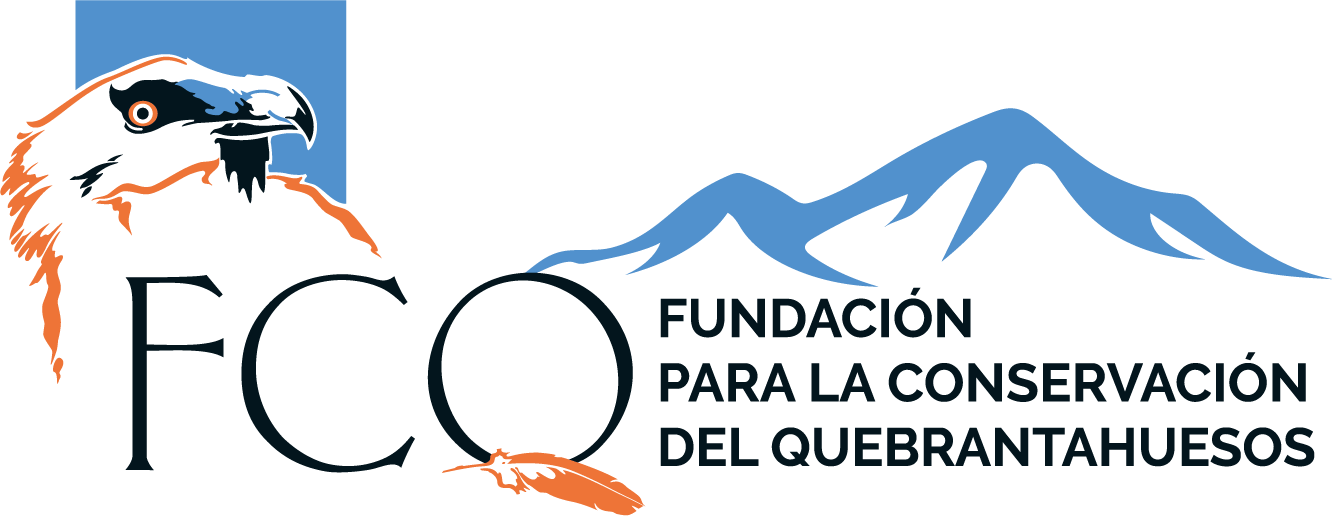PorOtraPAC Coalition.
We are in the middle of the process of reforming the Common Agricultural Policy (CAP).
Although it may seem a topic of little importance to the public, it is not.
This policy conditions the decisions that farmers and ranchers make every day on their farms and with it, the management of much of the territory of the European Union (EU).
The CAP also determines the type of food we find on our plates every day.
Furthermore, the viability of the most socially and naturally valuable farms, and with it, life in our villages, depends on its proper design.
Despite its huge budget, more than 5,000 million euros/year in the case of Spain, the lack of generational replacement in the countryside, the average income of the agricultural sector lower than that of the Spanish population as a whole, or the poor state of our soils, rivers, aquifers and species linked to agriculture, are unmistakable signs that the CAP still does not meet the economic, social and environmental objectives for which it is intended.
We cannot continue to allow more than a third of the total European budget to continue to be distributed unfairly.
Currently, 20% of CAP beneficiaries continue to receive 80% of the aid, with the largest farms or those that consume the most resources (water, agrochemicals, etc.) being the most favored in the distribution of these public funds.
Meanwhile, farmers in Natura 2000 (the European network of biodiversity conservation areas), those who manage agricultural systems of high natural value (such as transhumant shepherds) or those who are committed to organic production, are practically excluded from this aid.
In many cases they do not achieve sufficient income to continue their activity and are forced to intensify or abandon their production, with significant social and environmental impacts in both cases.
The current CAP is also failing to encourage young people, especially women, to enter agriculture.
Only 5% of Spanish farmers are under 35 years old.
And this is largely due to the way in which payments have been designed, especially in our country.
The fact that they are granted according to the surface area of the farms, giving priority precisely to the most productive ones, complicates access to land, a key aspect for there to be a new generation of farmers who continue to produce food.
In short, the current model does not work, but now we have the opportunity to change it.
We need a new CAP that contributes to the necessary transition towards sustainable food systems, recovering the role of producers and consumers within the agrifood chain and promoting models of production and consumption of healthy food, in healthy ecosystems, for healthy people.
To achieve this, it is necessary for administrations to involve all stakeholders in a real way in the design of the future CAP.
However, the deficits in public participation in Spain in the design of policies, in this case in agriculture, together with the limited capacity and scarce resources available to civil society to work on these issues, make it necessary and essential to join the efforts of all those organizations working for a fair, healthy, responsible and sustainable CAP. For the reform we deserve, we need a great alliance.
In the coalition PorOtraPAC, associations of organic producers, extensive livestock farmers, development cooperation, environmental, consumer and business organizations, among others, work together to change the current situation.
We got off the ground, as LivingLand, in 2017, achieving an unprecedented public mobilization before the European Commission’s consultation on the future of the CAP beyond 2020.
We are inspired by other similar platforms, such as those that exist in France, Italy or Germany, and with which we coordinate for a new CAP that is: -Fair, with farmers, livestock farmers and other rural dwellers.
Providing a decent income to producers who are committed to sustainability, creating employment in our villages.
-Healthy, so as to ensure the quality of food and the welfare of people, especially farm workers.
-Environmentally sustainable, supporting good agricultural practices that allow us to produce food while respecting the soil, water, climate and biodiversity, as well as animal welfare.
Only by preserving natural resources can we ensure food supply in the medium and long term, and thus the future of agriculture and food.
-Responsible agriculture that takes into account natural limits and sustainable development on our planet, both within and beyond the borders of the European Union.
Spain has much to gain by promoting this change of model.
We cannot continue to base our competitiveness on maximizing food production, taking into account our climate and soil and the state of ecosystems.
On the contrary, we must opt for an agri-food model based on quality products, respectful of the environment, and that places value on our Mediterranean diet (a bastion of health and insufficiently supported by the CAP).
We have much to lose, however, if we continue to defend the status quo.
Rural depopulation and the degradation of agroecosystems are the visible face of a system that does not work and in which the CAP is a key piece.
The PorOtraPAC Coalition will enhance the capacity of civil society organizations interested in this agroecological transition, contribute to the participation and promotion of pluralistic discussions between stakeholders and administrations and increase the awareness of the general public on issues related to agriculture and food.
In the PorOtraPac coalition and on the website www.living-land.es you will find all our reasons to change the CAP and proposals to do so, as well as a space for plural debate where everyone is welcome.
If you care about your food, landscapes like the dehesas, the fate of your people or your taxes, the CAP matters to you.
And now you have the opportunity to change it.
Together it is possible. http://porotrapac.org


